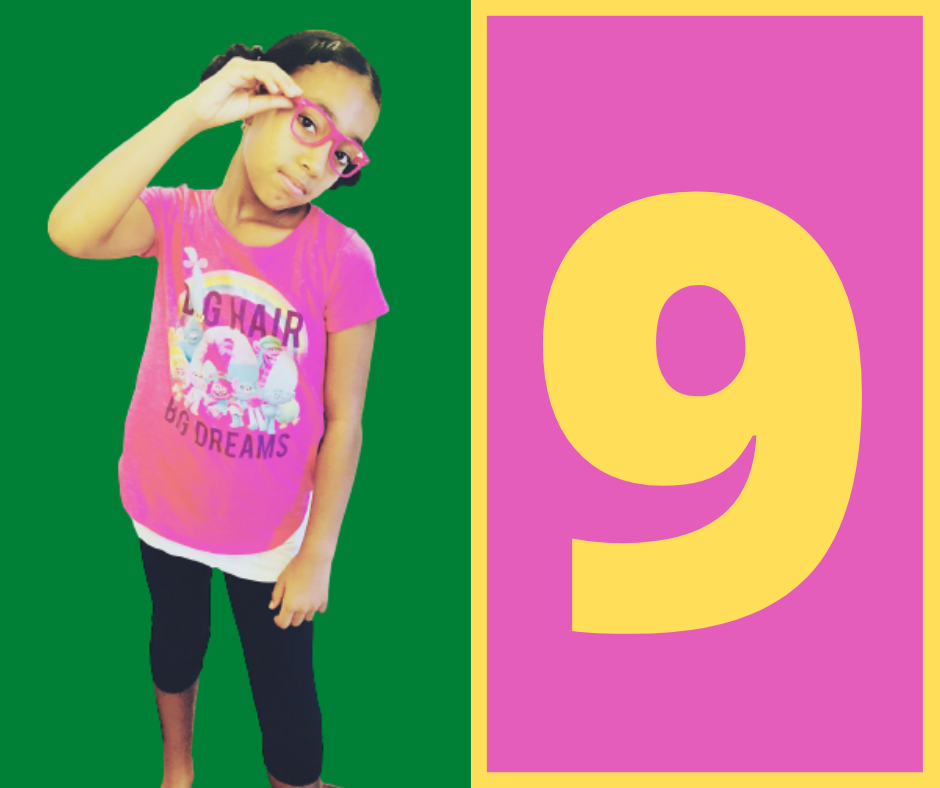|
1/14/2021 0 Comments Nine Years Old: EmergingPlease keep in mind as you read the following lists of developmentally appropriate behaviors, that no two children are alike. Some children might exhibit all the age-related characteristics, some might exhibit most, and there are some children who might not exhibit more than one or two. When using the list below, it is important to also consider your child’s adjusted age if applicable, environmental, and situational factors, the child’s temperament, and if the child is in a period of equilibrium or disequilibrium. A 9-year old child usually but not always: Outlook
Intellectual Development
0 Comments
Your comment will be posted after it is approved.
Leave a Reply. |
AuthorWrite something about yourself. No need to be fancy, just an overview. ArchivesCategories |

 RSS Feed
RSS Feed
